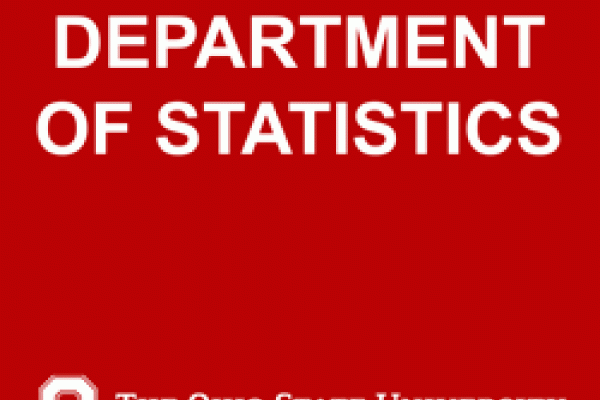Matthias Katzfuss and Jenný Brynjarsdóttir Win 2011 Whitney Research Award

Congratulations to Matthias Katzfuss and Jenný Brynjarsdóttir, our 2011 Whitney Research Award winners. We have asked both students to share a summary of their current research:
Jenný Brynjarsdóttir
My primary research interests are Bayesian hierarchical modeling and dimension reduction approaches to space-time modeling. I am interested in a wide range of environmental applications and have focused my research on climatic sciences, in particular statistical downscaling of climate data and paleoclimate reconstruction. In my dissertation work I have developed a dimension reduction approach to the modeling of two spatio-temporal processes. I have focused on a conditional approach and on using data dependent basis vectors. I am in the process of applying this approach within a Bayesian hierarchical framework to downscaling temperature data over the Antarctic. Furthermore, in collaboration with my advisor Dr. L. Mark Berliner I have applied a Bayesian hierarchical modeling approach to temperature reconstruction using geothermal data.
Matthias Katzfuss
My research is mainly concerned with the statistical analysis of very-large-to-massive spatio-temporal datasets, such as those observed by remote-sensing platforms. These kinds of datasets provide certain modeling challenges, such as the sparsity of daily measurements with respect to the globe, the large number of observations, and the complicated (nonstationary) spatial and temporal dependence structure that often arises on large and heterogeneous spatial domains such as the globe. I address these challenges with flexible spatio-temporal random effects models, which take full advantage of spatio-temporal dependence in the process of interest and whose statistical computational algorithms are scalable in the size of the dataset.
Application of the methodology currently focuses on remote measurements of CO2.
